When people file for bankruptcy relief, one of the most dramatic changes is what happens to their mail. On the one hand, pulling mail out of the box is a lot less stressful because the bills and collection notices for past-due debts are no longer there. This can take a few weeks to a month after the date of filing. It takes a week or so for your creditors to receive the official, mailed notice of filing. And there may be collection agencies out there that also need to be notified. But your lawyer can help you with any creditors or bill collectors who may have fallen through the cracks.
The good news is that the collection letters and bills will stop. And most folks assume this means their mail will go back to "normal". Not true.
Bankruptcy is a matter of public record. No one will know that you filed unless they check the public records, assuming they even know how to access them. Unless you owed them money, it's very unlikely that any friends, family, employers or associates will ever know that you filed. But there are companies that check the bankruptcy filing records regularly because they see recent filers as a source of business.
What kind of business? Lending, mostly. That's right, some lenders believe folks who recently filed are a great lending risk. This is partly because they know you don't have much (if any) older debt hanging over your head anymore. They also know you cannot file for bankruptcy relief again, at least not for many years (and hopefully never).
This is mostly fine. We live in a free-market economy after all and most of us are used to receiving junk mail and solicitations, even if we don't have unpaid debts. The problem is that some of these lenders send confusing letters that can look like official bankruptcy notices from a Court or a judicial office of some kind. I have seen letters sent directly to my clients from for-profit companies that tell them they need to sign up for "official bankruptcy notices" in their case, suggesting that they need to pay for this service (you don't). Receiving a letter like this can be very stressful and, worse, can draw you into signing up for something you don't need and don't really want.
I try to warn all of my clients about this and encourage them to contact me if they ever receive a letter they do not understand, even if they receive it months after their case was commenced. The good news is that even though some unusual mail may arrive after filing, none of it should have anything at all to do with paying older, discharged debts. And you really can start to breath easier when you reach for your mail.
Image credit: Wikimedia Commons (Steevven1)

